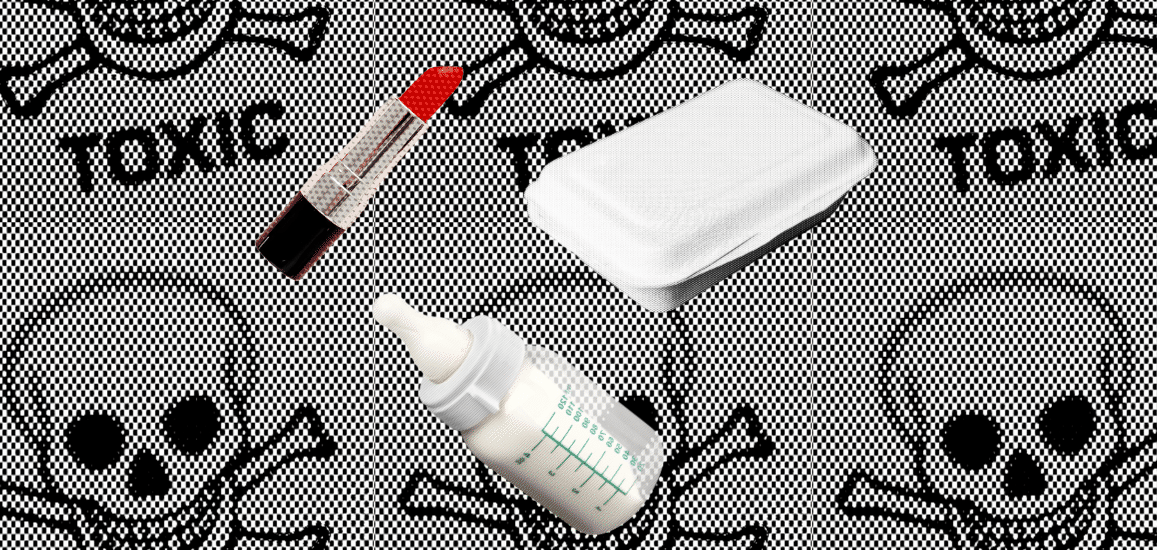After years of campaigning by environmental groups, health advocates, and people across Canada, the federal government is now one step closer to finally modernizing the Canadian Environmental Protection Act (CEPA).
CEPA is the law that is supposed to protect the public from toxic substances and dangerous chemicals. But it is woefully out of date and is no longer able to keep communities safe from modern environmental harms.
Since CEPA was first introduced, the number of chemicals that people in Canada are exposed to in their daily lives has grown exponentially – there has been a 50-fold increase in the production of chemicals since 1950 and this is expected to triple again by 2050. Without modernized legislation, people in Canada will continue to be exposed to a plethora of unregulated and dangerous substances.
The road to CEPA reform
After several false dawns and a lot of campaigning from Ecojustice and our supporters, Bill S-5 which aims to reform CEPA for the first time in over two decades, has been passed by the Senate and will head to the House of Commons this fall for passage into law.
CEPA reform has been on the parliamentary agenda for a number of years. In 2017, the House of Commons Standing Committee on Environment and Sustainable Development published a report recommending significant improvements to Canada’s outdated laws regulating pollution and toxics.
Following the 2019 election, the federal government committed to modernizing CEPA and in April 2021 legislation was tabled before the House of Commons to finally reform this law.
However, this proposed bill died on the order paper when a federal election was called in September 2021.
Following sustained pressure from Ecojustice, allied organizations, and our supporters, the federal government tabled Bill S-5 before the Senate in early 2022.
CEPA in the Senate
The Senate made several strengthening amendments to Bill S-5 including finally updating Canada’s framework for assessing and managing toxic substances. This framework requires the government to consider the cumulative impacts of toxics on vulnerable populations and the environment and recognizes the human right to a healthy environment for the first time in federal law.
However, Ecojustice and our allies had our work cut out to make sure these important amendments were upheld.
Some of Canada’s biggest polluting industries attempted to block progressive amendments to Bill S-5 that would offer greater protection to people across the country. These groups wrote to the Senate Speaker to “urge the full Senate to reverse the amendments introduced by the Committee and pass Bill S-5 as it was originally introduced.” Despite the best efforts of industry, an amended Bill S-5 will now proceed to the House of Commons when it returns from its summer recess.
But we will need the help of Ecojustice supporters to make sure that M.P.s do not reverse any of the progressive amendments made to Bill S-5 and help ensure that additional updates to the legislation are passed in the House of Commons.
Right to a healthy environment
The passage of Bill S-5 from the Senate to the House of Commons marks an important milestone in the fight to secure the right to a healthy environment for everyone in Canada.
For many years, Ecojustice has pressured and lobbied the federal government to guarantee this right for people across Canada.
156 countries around the world have legal obligations to respect, protect, and fulfil their citizens’ right to a healthy environment. Canada does not have this right enshrined in law.
In Canada, Black folks, Indigenous people and people of colour are disproportionately impacted by toxic pollution and environmental harms.
Communities know this firsthand. The ancestral lands of Aamjiwanaang First Nation, near Sarnia, Ont., have been invaded by petrochemical facilities that spew toxic pollution and poison into the air. Garbage dumps are disproportionately situated near Black communities in Nova Scotia while the expansion of the Alberta tar sands has coincided with an acceleration of cancer rates in the Indigenous communities of Fort Chipewyan.
A reformed CEPA that includes the legal right to a healthy environment would mean that governments must take stronger action under CEPA to reduce pollution and the use of toxic chemicals to protect the right.
A modern CEPA would require Canada to recognize that everyone has a right to a healthy environment and work towards ensuring that all people in Canada have access to a clean, safe, and healthy environment. The government would be required to take steps to avoid breaching that right when they make decisions under CEPA and use their powers to prevent third parties from violating that right through their actions.
What’s next for Bill S-5
After the summer recess, all federal parties must make strengthening and passing Bill S-5 a political priority. Canadians cannot afford to wait another two decades for a modern environmental law.
There are further improvements needed to ensure that Bill S-5 provides robust protection to everyone in Canada, including mandating greater transparency about government decisions on dangerous substances, mandatory labelling of toxic ingredients on consumer products, and more stringent timeline requirements to ensure chemicals are quickly banned or restricted once they are deemed toxic.
Ecojustice is urging all M.P.s to work together to move this legislation to the House Standing Committee on the Environment and Sustainable Development for further review and important amendments.
We will need your help to make sure that we get a strong CEPA capable of protecting people across Canada from dangerous chemicals and toxic substances.
Stay tuned to find out more.





